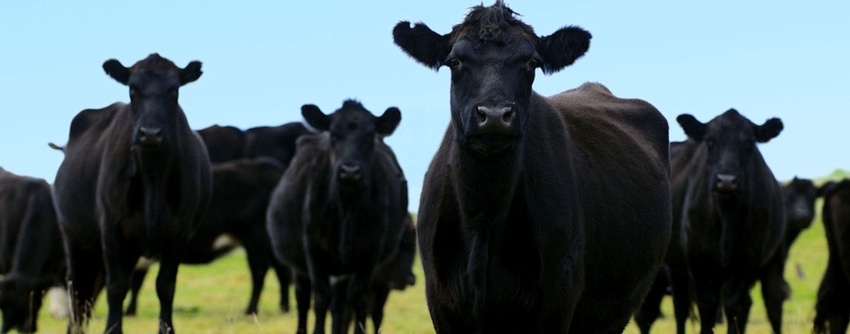
In an April 1, 2016, press release, Australia’s Minister of Trade declared Japan, through an economic partnership agreement, has cut its tariffs regarding Australian beef for the third time.
He states: “Our exports of beef to Japan grew by 14.6% to nearly $2 billion in 2015. As of today, tariffs on Australian beef have again been cut to 27.5% (frozen) and 30.5% (fresh or chilled) while our competitors [United States] continue to pay the higher rate of 38.5%.”
The United States will not have its tariff on beef exported to Japan cut to 27.5% until the Trans Pacific Partnership (TPP) becomes effective. Then this percent is gradually reduced to 10.8% in 15 years.
A USDA report issued in January 2016 claims the U.S. in 2014 provided 44% of total beef and beef offal to Japan. Australia, on the other hand, in 2014 provided 47% of Japan’s imports of beef.
In 2014, Japan imported “…nearly $3.5 billion of beef and beef products, making it the third largest beef importer in the world.” Japan purchased $1.6 billion of U.S. beef representing “…20% of all U.S. beef exports….”
According to USDA’s January report, Japan imposes high trade barriers on beef and beef products and has consistently listed beef as a “sensitive sector.” The report also notes Japan has a special relationship with Australia, and this relationship does raise questions about the future of American beef exports to Japan.
USDA believes the relationship between Australia and Japan may harm U.S. beef exports unless TPP becomes effective. Yet, both presidential candidates oppose TPP.
In 2015, Japanese beef consumption totaled 1.6 million metric tons even with a declining population. The report concludes Japanese consumers “…distinguish between U.S. beef, which is mostly grain-fed, and Australian beef, which is mostly grass-fed. These two production methods produce beef with qualities that are valued differently by Japanese consumers.”
As we know, American beef is more heavily marbled, and marbled beef is popular in a number of Japanese dishes. The report makes it clear that lower-cost Australian beef directly impacts the U.S. market share.
The Japan-Australia Economic Partnership Agreement (JAEPA) was finalized in July, 2014. It went into effect in January, 2015. USDA states “It affords Australian exporters a price advantage over U.S. beef exporters.” Furthermore, “a large share of tariff cuts will take place in the first 2 years of the implementation period, giving Australian exporters an immediate, significant price advantage over the United States.”
U.S. beef exports to Japan declined 19% in value in 2015, to $1.28 billion.
In 2015, according to the U.S. Census Bureau, the U.S. sold Japan a total of $62.5 billion in goods. The United States imported from Japan approximately $131 billion worth of goods. This left us with a trade deficit of over $68 billion. The United States is Japan’s 4th largest export market according to the U.S. Trade Representative. The U.S. was able to export $1.28 billion of beef to Japan.
It appears that U.S. beef exports may continue to decline given Australia’s new deal. For the next two years Australia has a real advantage for its beef producers. It is sad that U.S. beef producers are left with an unfair playing field.
Articles by Gary Baise exploring the TPP.
Sept. 27, 2016 - How Japan's meat imports would change under TPP
Sept. 20, 2016 - Deeper analysis on potential Pacific trade pact: Japan
Sept. 8, 2016 - Deeper analysis on potential Pacific Trade Pact: Chile
Aug. 22, 2016 - TPP Annex 2-D tariff commitments - Canada
Aug. 17, 2016 - Attempting to understand Trans Pacific Partnership
The opinions of the author are not necessarily those of Farm Futures or Penton Agriculture.
About the Author(s)
You May Also Like




